Why should people listen to your show?
After your podcast name and logo, the next thing potential listeners look at is your podcast description. So you’ve got to make it good.
While you don’t want to write an essay, you’re not as restricted in your word count as you are with your podcast name. That means you’ve got more real estate to tell listeners exactly what they can expect from your show.
So how do you write a podcast description that makes people think “OMG! This show is exactly what I’m looking for!”?
Want help starting your podcast? Download my FREE ‘How To Start A Podcast’ guide.
The two types of podcast description
Your show description
This is the blurb that explains what your show, as a whole, is about.
Often it’s the thing that will get people to subscribe so it’s important to create something compelling and entertaining. It’s also important to clearly explain to a listener what’s in it for them.
Are they going to learn something? Will they laugh? Are they going to be on the edge of their seat?
Make sure you give them a reason to listen.
Your episode description
This is the blurb for each episode that explains what listeners will hear if they press play on that specific show.
Even if you’ve got subscribers who love your podcast they’ll often pick and choose which episodes they listen to so keep that in mind when you’re writing your episode description and titles.
Also, since platforms like Google and Spotify have started surfacing individual episodes these descriptions are even more important.
Instead of coming through the traditional path of finding your show in a podcast app, potential listeners can now find an episode by Googling keywords in your show’s niche.
This means your episode description might be the first interaction they have with your show, so make it good!
When you’re writing your episode title and description do this with brand new listeners in mind as well as existing ones.
Ideally, you want to write something that would entice someone who’s not familiar with your show to give it a try.
Some tools that will help…
Use questions
Want your audience to know the minute they read your podcast description your show is for them? Why not kick it off with a question?
With my podcast, PodSchool, I start my description with “Do you want to create a kickass podcast that people want to listen to?” So, if somebody is scrolling through and that’s their goal they’ll know immediately this show is for them.
After your question, you can go into more detail about what they can expect if they listen.
Don’t forget to get tone into your writing
Since you don’t have vision or audio to play with you have to try and get as much of your personality into the copy as possible.
This requires some copywriting skills but the main thing is to not overthink it.
The reason people struggle to get tone into their writing is they often think they need to be overly formal. Or they try to write like somebody else.
The best way to write your podcast description is in your own words with as much of your own personality as you can capture.
Is your show cheeky and irreverent? Then be cheeky and irreverent in the podcast description. Is your show funny? Then be funny.
If you’re trying to convince a potential audience they’re going to be entertained by your content but your copy isn’t very entertaining they’re probably not going to believe you.
Make use of keywords
This has become even more important since Google stepped into the podcast space so think about the terms people might be searching for that relate to your show.
Just remember that while keywords are great your copy still has to be “human-readable” so don’t just stuff your podcast description full of search terms.
It’s got to read like something a human would say to another human. Not something a human would say to a bot hoping it’ll rank them higher in Google.
Share your episode highlights
When you write your episode descriptions it’ll often be after you’ve recorded your episodes so why not share highlights from the show?
Does your guest tell an amazing story you could tease to? Is there a tip you’re going to share that you might be able to hint at?
Give your potential audience a taste of what they can expect so they’ll want to listen. And as you add to your back catalogue of shows you can always update your main podcast description with examples of killer content you’ve done in some of the episodes.
Don’t clickbait your audience
While it might be tempting to use phrases like “the most amazing interview of all time” it’s important to deliver on what you promise.
You don’t need to claim something is the “best thing ever” to get someone to listen. Just highlight the strongest moments from the show and be clear about what your audience will get and that should be enough.
Be entertaining, engaging and honest. And always have your audience, and what they’re going to get out of it, top of mind.
🎙️ Want to start a podcast but feeling overwhelmed?
Grab my free “How To Start A Podcast” guide or get step-by-step support inside my online course, PodSchool.
Got a question about podcasting? Send it my way so I can answer it on the podcast!





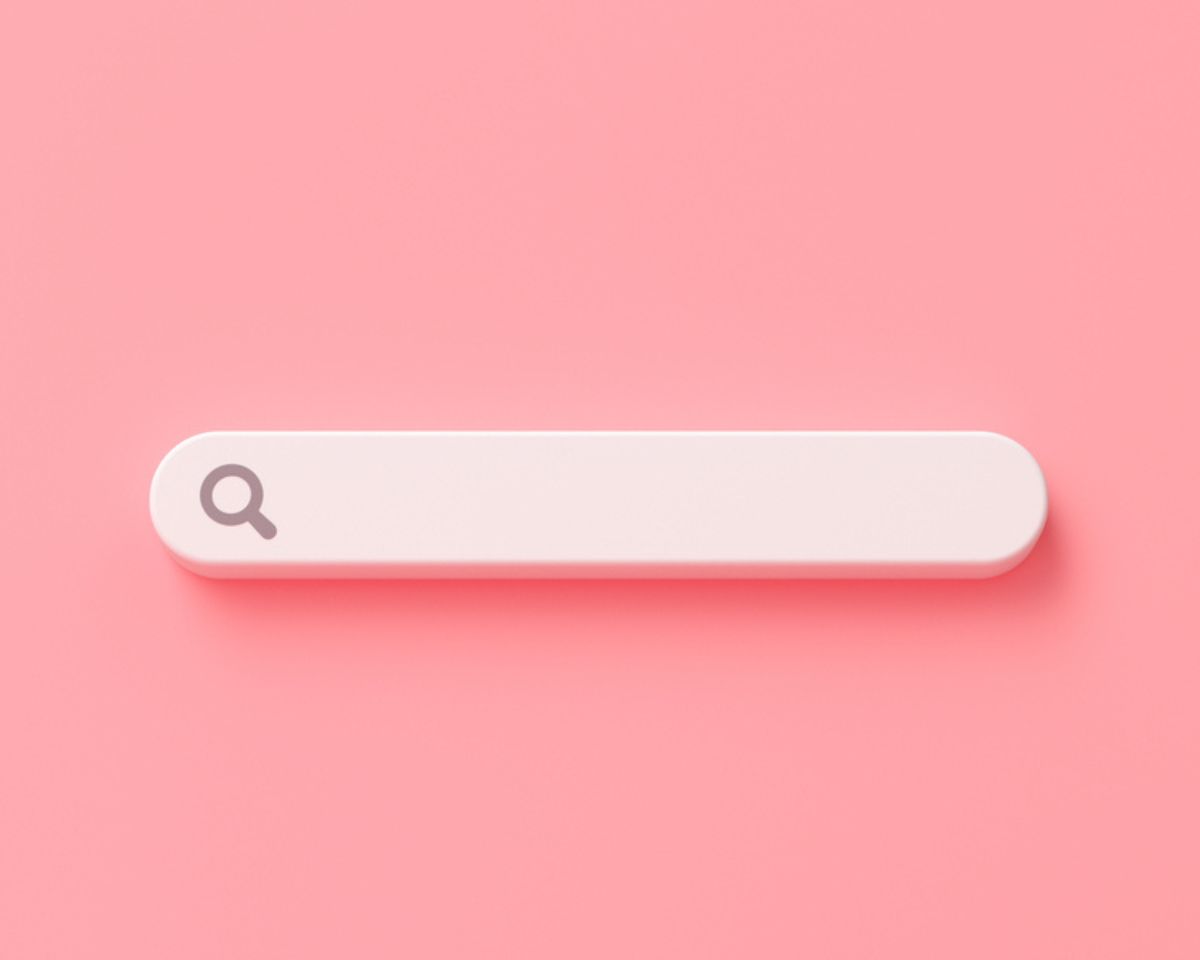
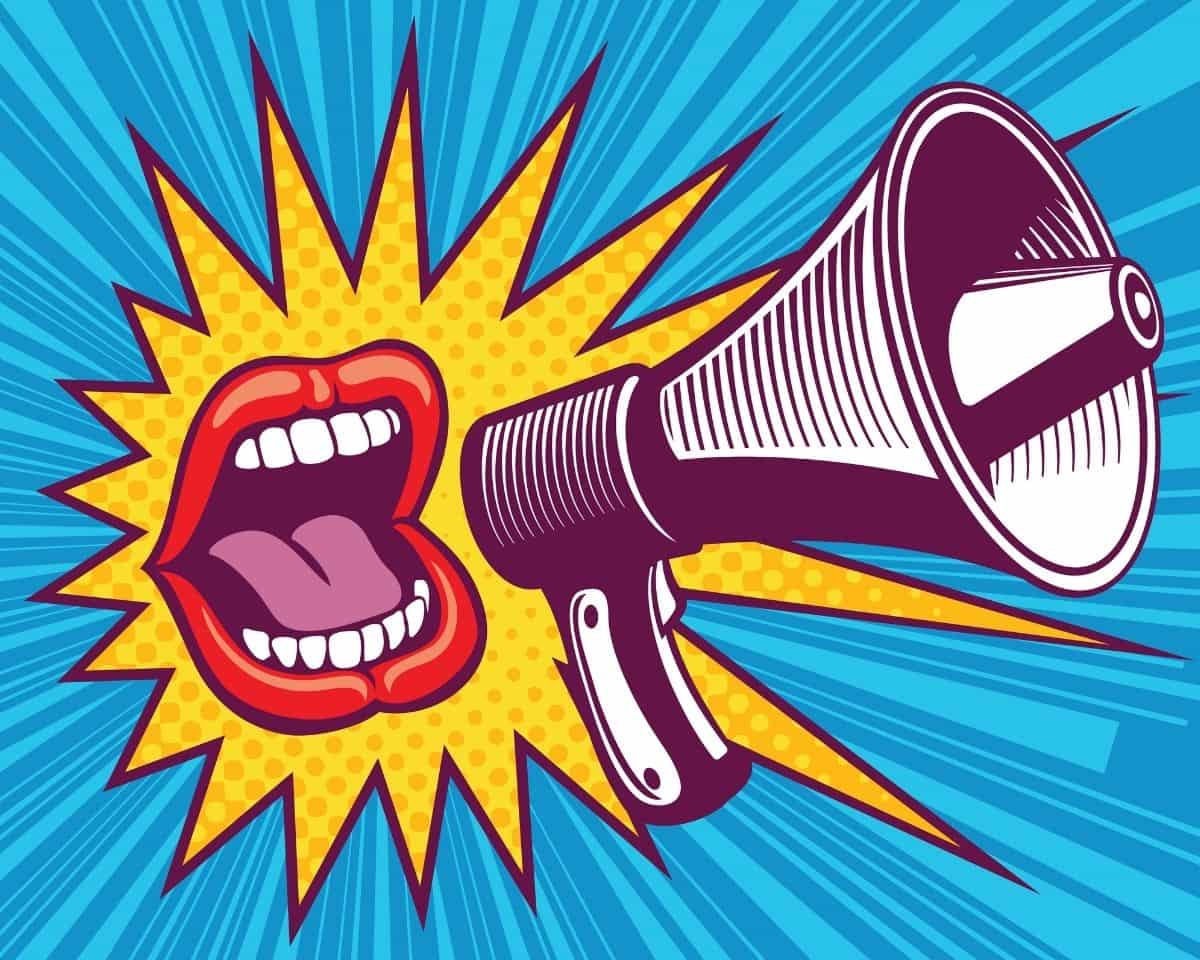
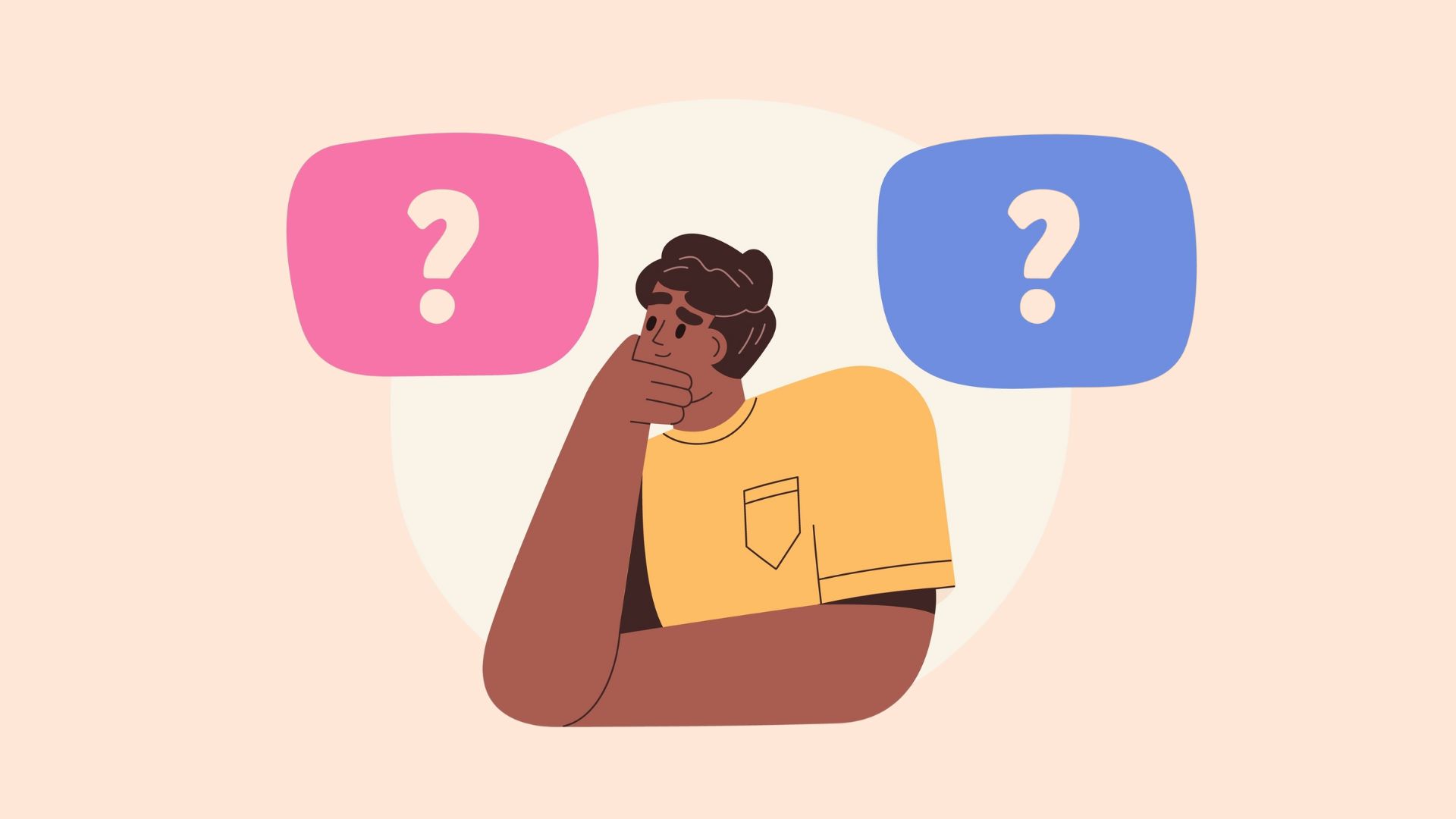


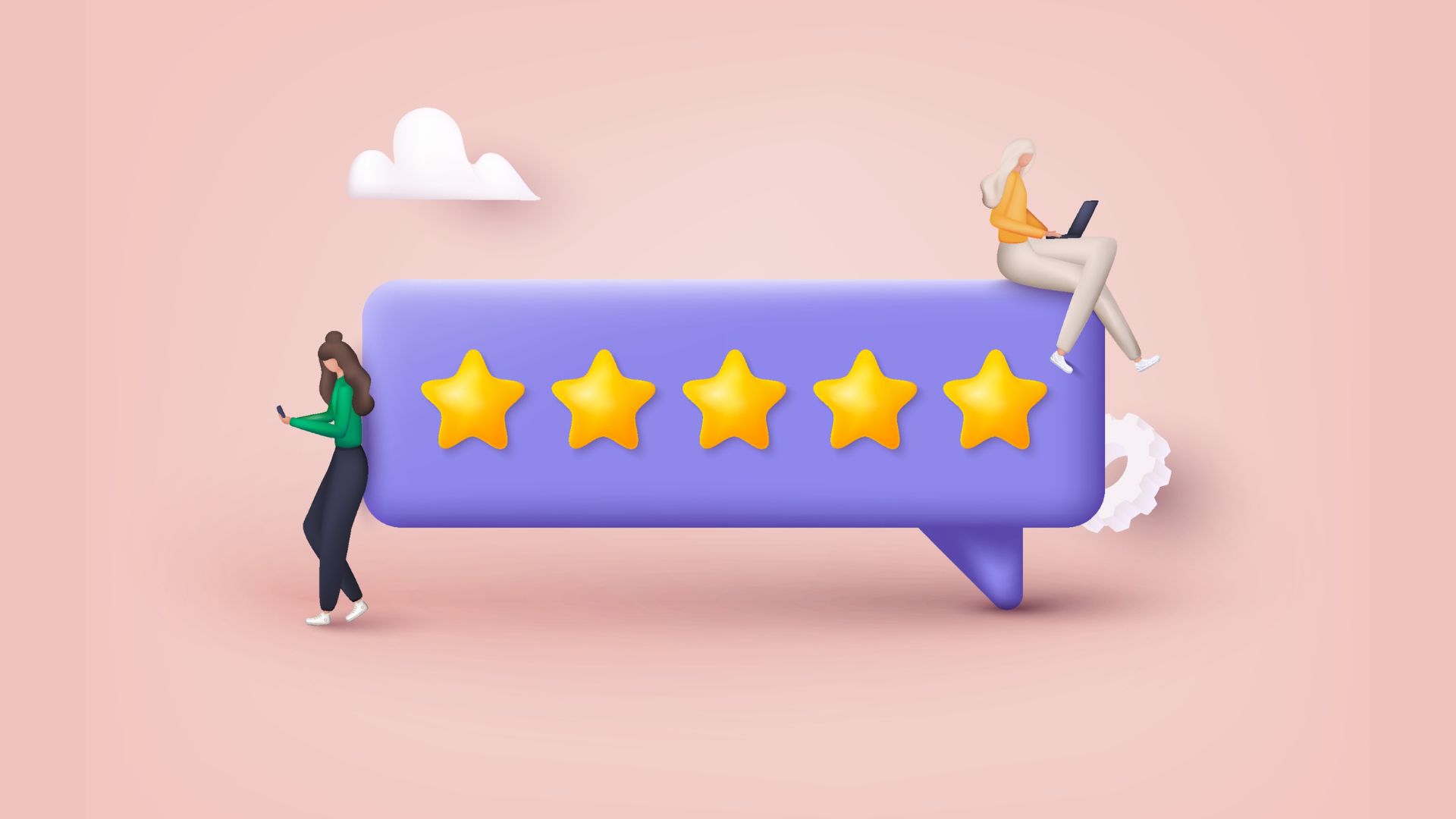

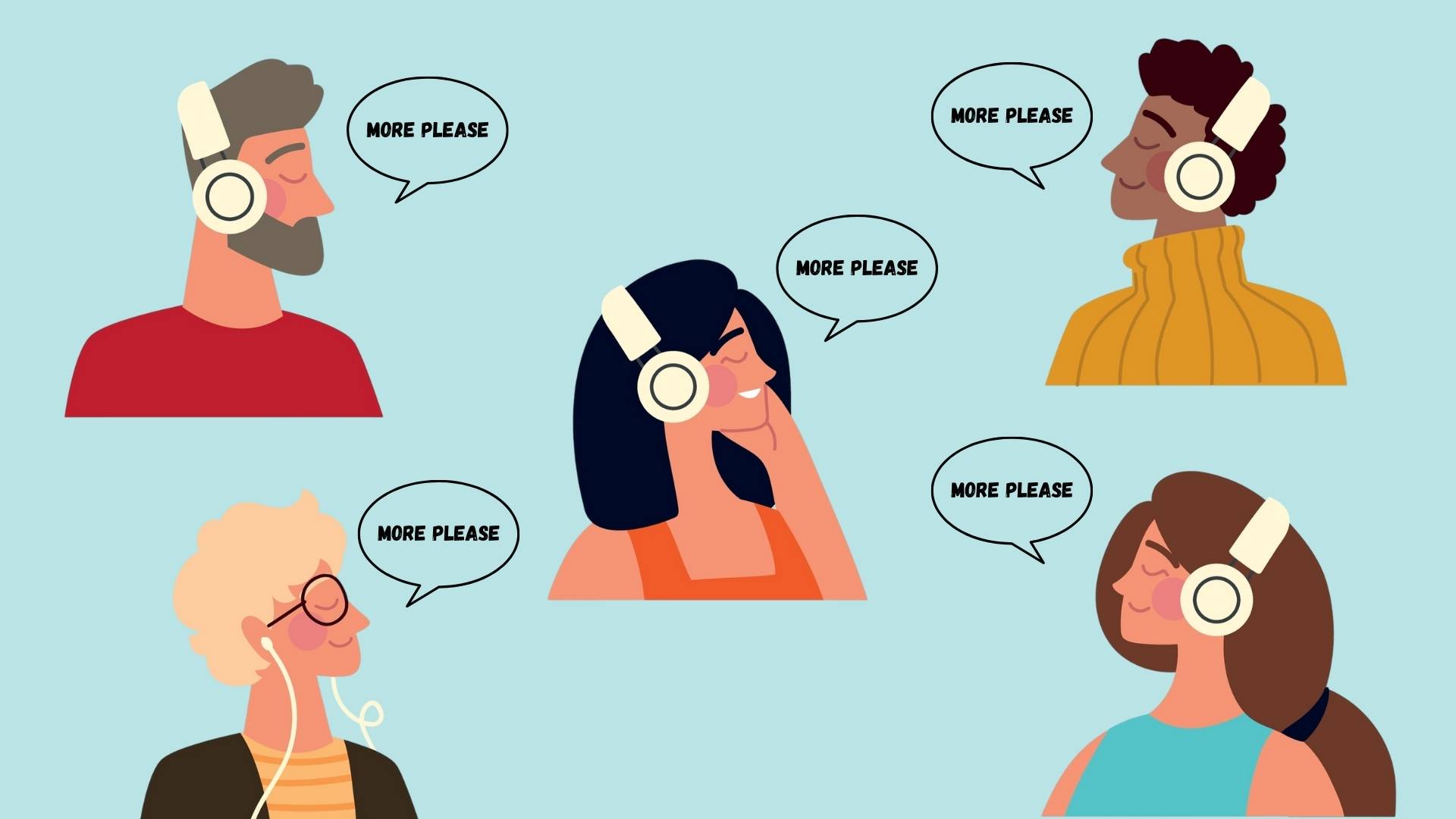

3 Responses
These are great tips. Thank you Rach.
what are the common phrase used in podcast world, such as in YouTube “click the thumbs up and subscribe button” that we often see?
“Subscribe in Apple Podcasts, Spotify or wherever you’re listening right now”